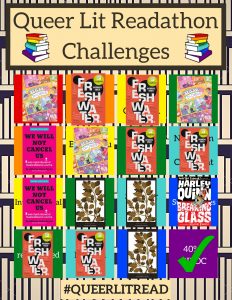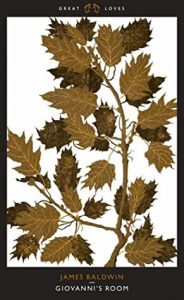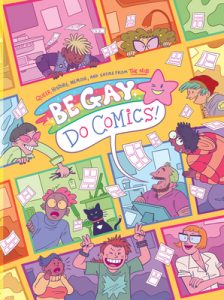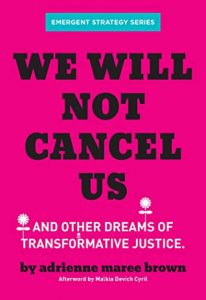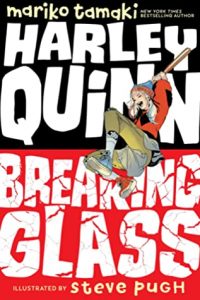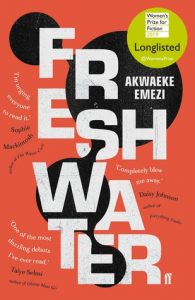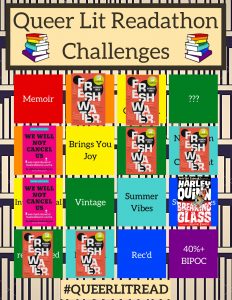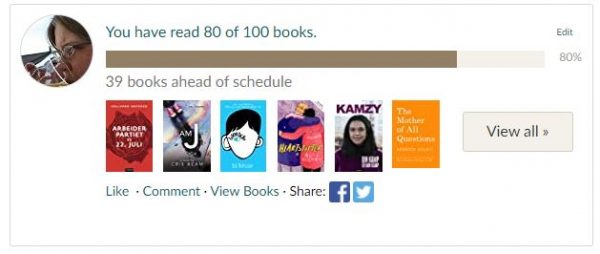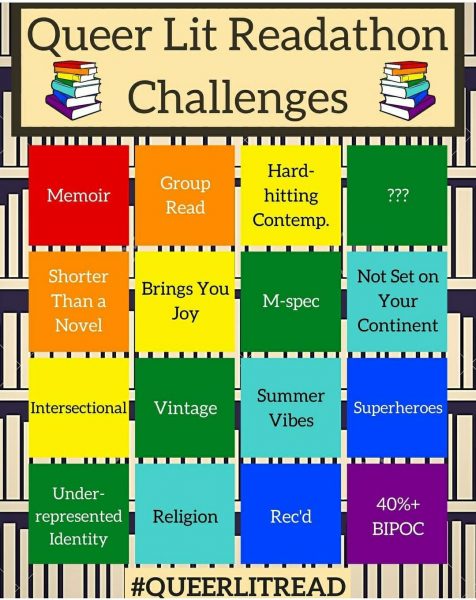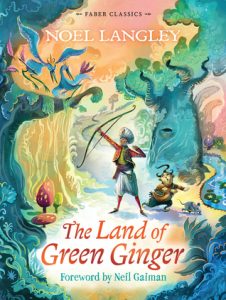 Jeg kan trygt krysse av ruta «Ei (ulest) bok du har eid i mer enn tre år» på vår- og påskebokbingoen med Skammens historie. Jeg tror jeg kjøpte den på Mammutsalget, og siden boka kom ut i 2014 var vel det gjerne i 2016 eller noe sånt?
Jeg kan trygt krysse av ruta «Ei (ulest) bok du har eid i mer enn tre år» på vår- og påskebokbingoen med Skammens historie. Jeg tror jeg kjøpte den på Mammutsalget, og siden boka kom ut i 2014 var vel det gjerne i 2016 eller noe sånt?
Boka omhandler de delene av norsk historie som ikke nevnes i festtaler og kanskje gjerne også forties når jubileumsbøker skrives. Vår behandling av jødene – både i grunnloven av 1814 og hele veien fram til andre verdenskrig, fornorskingen av de nasjonale minoritetene, Norges overivrige bruk av lobotomi, behandlingen av «tyskerjentene» og «tyskerungene», sensur av «pornografisk materiale» i statens regi, våpeneksport og til og med aktiv deltagelse i kriger med sviktene moralsk og juridisk grunnlag, lista er lang.
Og det er vel også problemet med boka for meg. Den gaper over for mye, og måten den er strukturert på gjør at alle sakene virker sidestilt, som om aktiv deltagelse i å sende jøder til konsentrasjonsleirene og beslaget av Bjørneboes Uten en tråd er like ille. Jeg har ikke noe problem med å anerkjenne at begge er menneskerettsbrudd og ikke bør forekomme, men likevel.
Det at så mange saker skal dekkes gjør også at forfatterne vanskelig kan gå i detalj på alt, noe som i utgangspunktet er helt greit, men det som ikke føles like greit er når noen historier får minimalt med plass, mens andre plutselig har en unødvendig detaljrikdom, uten at det virker å være noen logikk i hvilke saker som havner i hvilken kategori. Jeg noterte meg for eksempel at myndighetenes behandling av jøder og rom fra 1933 til 1940 ble avspist med 3 sider, mens prosessen mot Bjørneboe beskrives over 9 sider. Det fører også til at store deler av historien faller ut av narrativet, for eksempel fokuseres det på rundt 30 norske barn som ble sendt fra Lebensborn-hjem i Tyskland til Sverige for å bli adoptert bort, og når avsnittet om «tyskerungene» (som uansett bare dekker ca 2 sider») avsluttes kan leseren fort sitte igjen med inntrykket av at de ikke var flere enn disse 30, om hun altså ikke vet bedre.
I tillegg er teksten til tider ustrukturert og rotete, preget av uforståelige gjentagelser, og ofte brå avslutninger. Jeg måtte fram med blyanten og skrive i boka ganske fra start og etter kapitlet om krigsseilerne har jeg for eksempel notert at jeg ikke skjønner hva som egentlig skjedde, det snakkes om tilbakeholdt lønn og pensjon om hverandre og jeg forstår ikke hva forfatterne forsøker å si (annet enn at krigsseilerne ble skammelig behandlet, men det var jo ingen nyhet).
Et eksempel på hva jeg mener med gjentagelser er dette avsnittet fra kapitlet om justismordet på Fritz Moen:
Dette problemet ble løst ved at man lanserte en ny teori: til tross for at 25 uavhengige vitner hadde hørt nødskrik fra en kvinne natt til femte september, trodde politiet nå at drapet hadde skjedd dagen etterpå – søndag 6. september. Da var nemlig Fritz Moen igjen i Trondheim. Politiet trodde et helt år, frem til mistanken ble rettet mot Fritz Moen, at drapet hadde skjedd natt til 5. september 1976. Men etter at mistanken ble rettet mot Fritz Moen, og etter at politiet hadde forsikret seg om at Moens alibi natt til 5. september var uomtvistelig, endret politiet standpunkt med hensyn til mulig drapstidspunkt. Politiet mente at drapet kunne ha skjedd søndag kveld, til tross for at vitner hadde hørt kvinneskrik fra området natt til 5. september. Dette impliserte at de 25 vitnene altså husket feil dag. (Side 234.)
Det er mulig at det er et forsøk på et retorisk virkemiddel her, men jeg blir bare irritert.
Jeg er fornøyd med endelig å ha fått lest boka, og jeg beholder den nok på hylla (ikke minst fordi jeg altså har skrevet i den), og hvis du trenger en relativt kort innføring i noen av staten Norges mindre hyggelige sider kan du gjøre dummere ting enn å plukke den opp. Selv har jeg tenkt å bruke litteraturlista bakest i boka som inspirasjon for videre lesing.
Boka har jeg kjøpt sjøl.
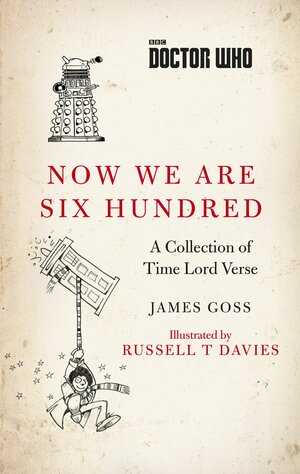 Jeg fant Now We Are Six Hundred: A Collection of Time Lord Verse av James Goss av alle steder i hylla hos Fretex på Lillehammer. En bok som kombinerer Doctor Who OG A. A. Milne kunne jeg jo ikke akkurat gå fra. Og når «Diktsamling» var en rute på høst- og julebokbingoen fikk jeg sparket bak til faktisk å lese den også.
Jeg fant Now We Are Six Hundred: A Collection of Time Lord Verse av James Goss av alle steder i hylla hos Fretex på Lillehammer. En bok som kombinerer Doctor Who OG A. A. Milne kunne jeg jo ikke akkurat gå fra. Og når «Diktsamling» var en rute på høst- og julebokbingoen fikk jeg sparket bak til faktisk å lese den også.


